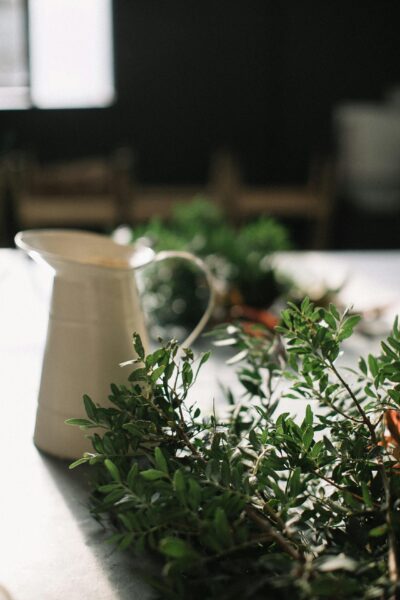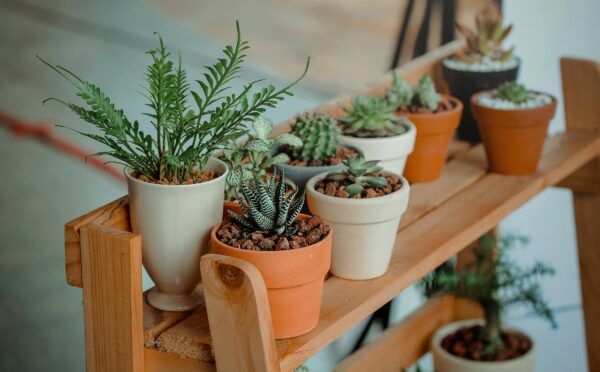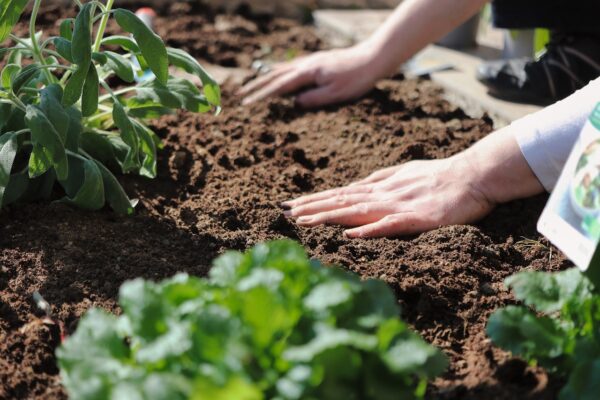
As gardeners, we’re always looking for ways to give our plants a little extra boost. One intriguing idea that’s been floating around is using tea instead of water to nourish our green friends. But does tea really make plants grow better than water? Let’s dive into the benefits, potential drawbacks, and best practices for using tea in your garden.
Benefits of Using Tea for Plants

- Nutrient Boost: Tea contains essential nutrients like nitrogen, potassium, and phosphorus. These elements are crucial for plant growth, helping to strengthen roots, promote flowering, and improve overall health.
- Organic Matter: When you water your plants with tea, you’re also adding organic matter to the soil. This can improve the soil’s texture, enhance moisture retention, and provide a more hospitable environment for beneficial microbes.
- Acidity: Tea is slightly acidic, which can be beneficial for acid-loving plants like tomatoes, roses, and ferns. The gentle acidity can help these plants thrive and absorb nutrients more efficiently.
- Antioxidants: Tea contains compounds such as tannins and polyphenols, which have antioxidant properties. These compounds may help protect plants from certain diseases and pests, promoting healthier growth.
Potential Drawbacks of Using Tea

- Caffeine Content: Some teas contain caffeine, which can be harmful to plants if used in large amounts. Caffeine can inhibit plant growth and even damage the roots.
- Additives: If the tea you’re using contains sugar, milk, or other additives, these can attract pests and cause mold growth in the soil. Always use plain, unsweetened tea for your plants.
- Over-Acidity: While a little acidity can be beneficial, too much can make the soil overly acidic, negatively affecting plant growth. It’s important to monitor the pH levels of your soil to avoid this issue.
Best Practices for Using Tea on Plants

- Dilution: To minimize the risk of over-acidifying the soil or introducing too much caffeine, dilute the tea with water. A good ratio is one part tea to ten parts water.
- Cool Tea: Always ensure the tea is at room temperature before using it on your plants. Hot tea can shock the roots and damage the plants.
- Frequency: Use tea occasionally rather than as a primary watering source. A balanced approach—alternating between tea and plain water—can provide the benefits of both without overwhelming your plants.
Tea vs. Water: Which Is Better?

- Nutrient Supply: Tea can provide additional nutrients compared to plain water, potentially enhancing growth. However, these benefits are only significant if the tea is used correctly and in moderation.
- Soil Improvement: The organic matter in tea can improve soil structure and fertility over time. This can lead to healthier, more resilient plants.
- Risk of Harm: Plain water poses no risk of over-acidity or caffeine-related issues. It’s the safest option for regular watering, especially for plants that are sensitive to changes in soil pH.
Tea can potentially make plants grow better than water by providing additional nutrients and improving soil quality. However, it should be used carefully to avoid any negative effects. For most plants, using a balanced approach—occasionally watering with diluted tea and primarily using plain water—can offer the best results.
So next time you brew a pot of tea, consider sharing a little with your garden. With the right approach, your plants might just thank you with more vibrant blooms and lush growth!
4o

